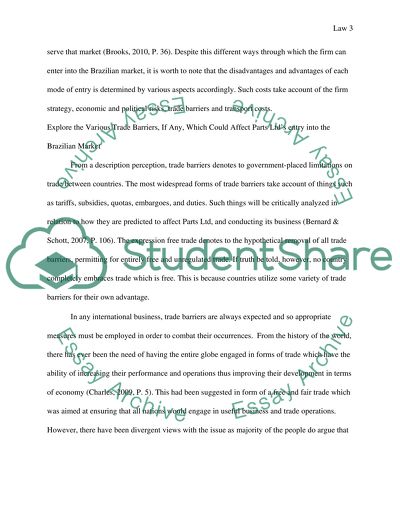Cite this document
(“International Business Law Assignment Example | Topics and Well Written Essays - 3000 words”, n.d.)
Retrieved from https://studentshare.org/law/1398444-international-business-law
Retrieved from https://studentshare.org/law/1398444-international-business-law
(International Business Law Assignment Example | Topics and Well Written Essays - 3000 Words)
https://studentshare.org/law/1398444-international-business-law.
https://studentshare.org/law/1398444-international-business-law.
“International Business Law Assignment Example | Topics and Well Written Essays - 3000 Words”, n.d. https://studentshare.org/law/1398444-international-business-law.


